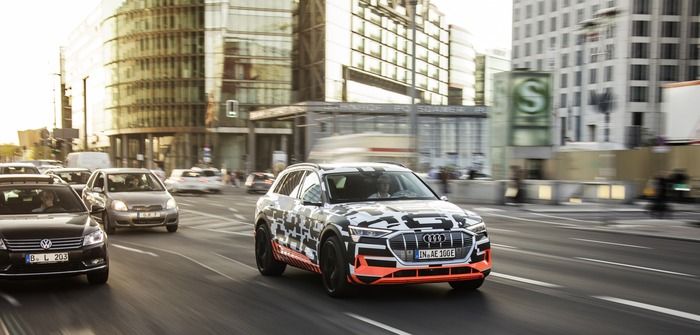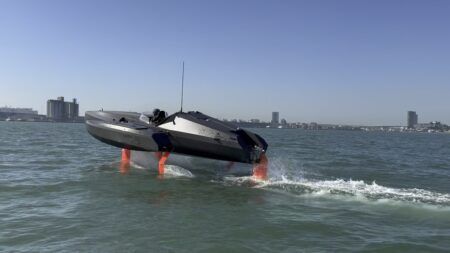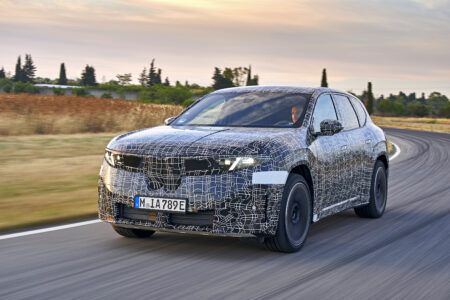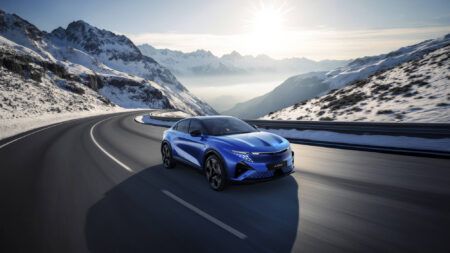The production version of the Audi e-tron prototype will be the first car on the market that can be charged at up 150kW. The fast charging, available at stations, will charge the electric SUV’s lithium-ion battery in approximately 30 minutes. The vehicle’s driving range on a full charge is stated at more than 400km on the WLTP cycle.
High-power charging stations using the European standard CCS, such as those in the Ionity network, will be able to provide the faster charging rate, thanks to the e-tron’s thermal management system for the Li-ion battery. Situated in the vehicle floor, the battery stores 95kWh of energy. There will be close to 200 of these high-power charging stations in Europe, each featuring six stations, by the end of 2018. Projections estimate that these stations could be installed at 400 locations, at intervals of 120km along highways and main transport routes by 2020.
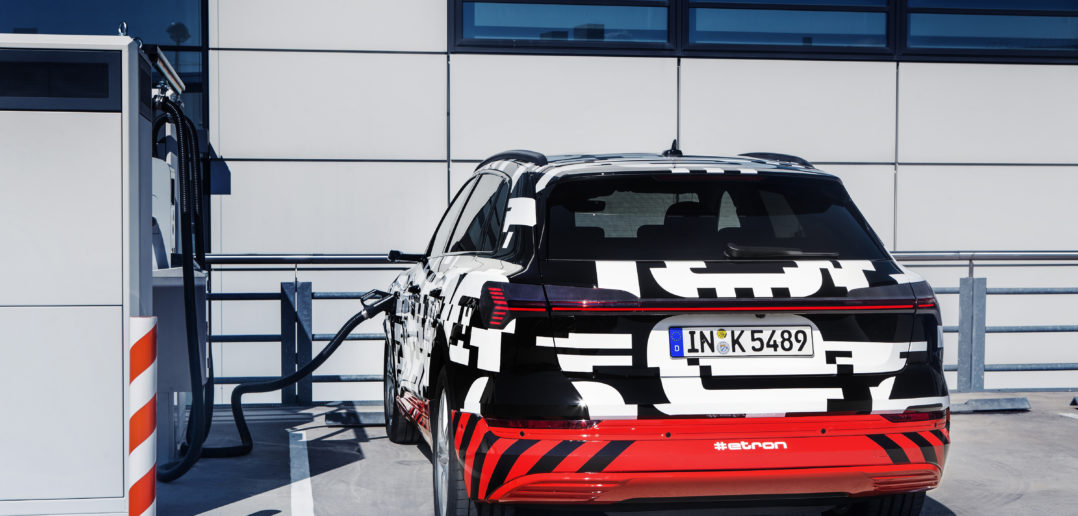
In addition to this DC fast-charging option, the e-tron will also be able to charge via AC supplies – up to 11kW standard with optional 22kW capability. These power supplies are currently available at more than 65,000 public charging stations throughout Europe, with the number of charging points to increase significantly in the coming years. At launch, e-tron customers will be able to access approximately 80% of these charging stations with a proprietary service.
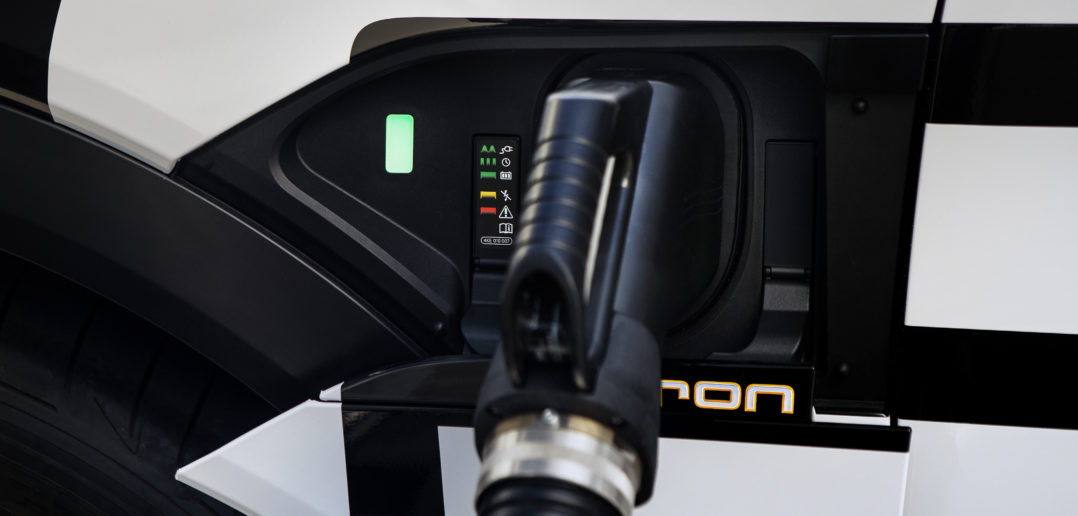
Home charging options will include a standard mobile system with two configurations – 2.3kW when connected to a 230V household supply, and 11kW when connected to a 400V three-phase outlet. The latter will fully charge the vehicle battery in approximately 8.5 hours. An optional connect charging system doubles the power level to 22kW if the SUV is equipped with a second charger.


